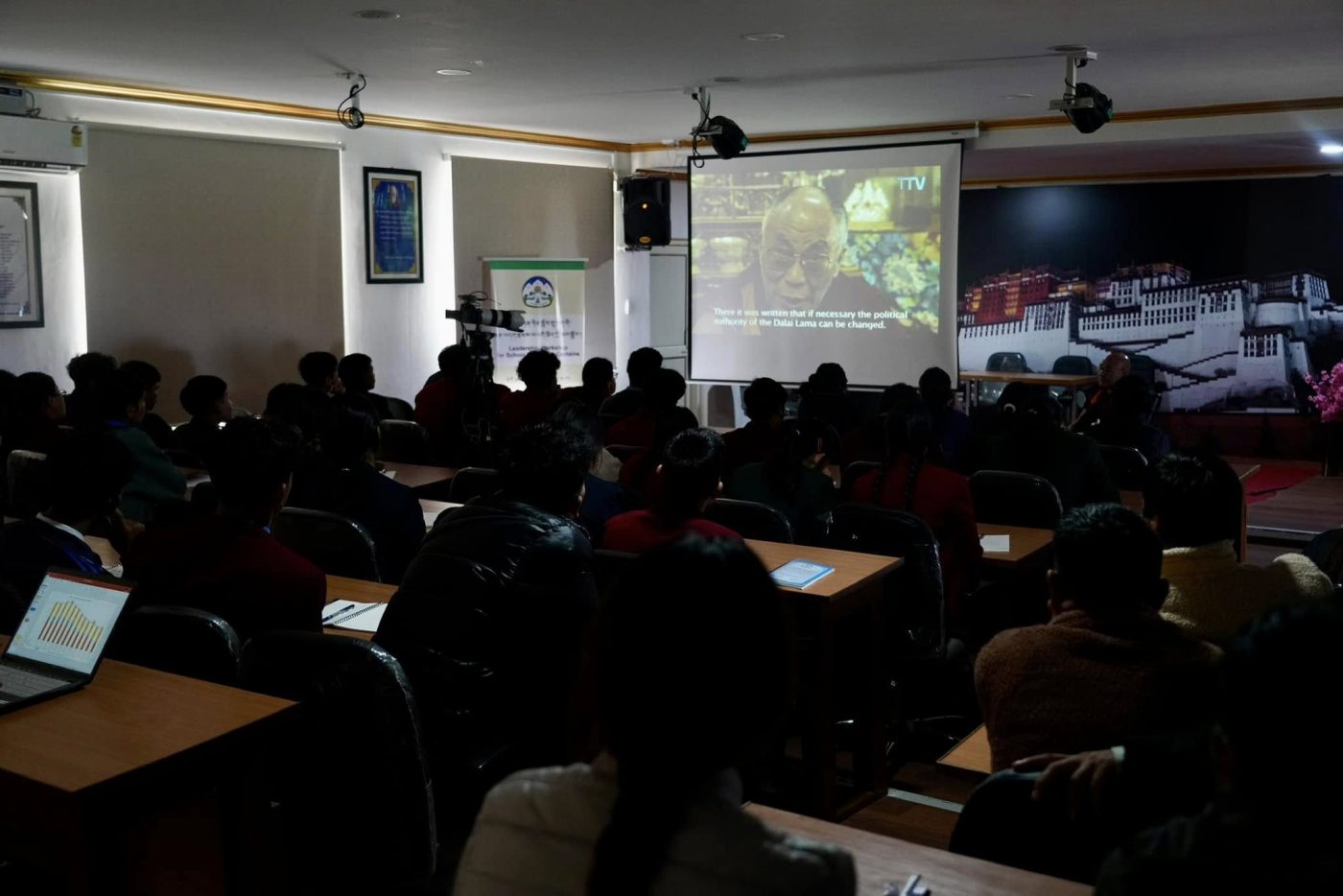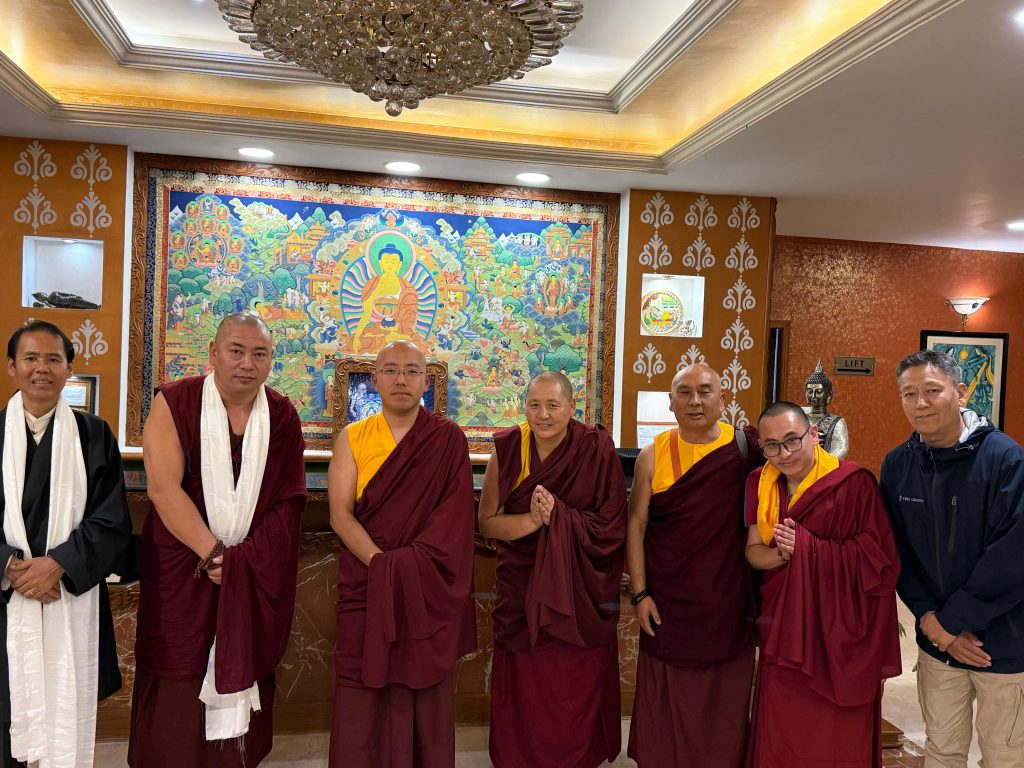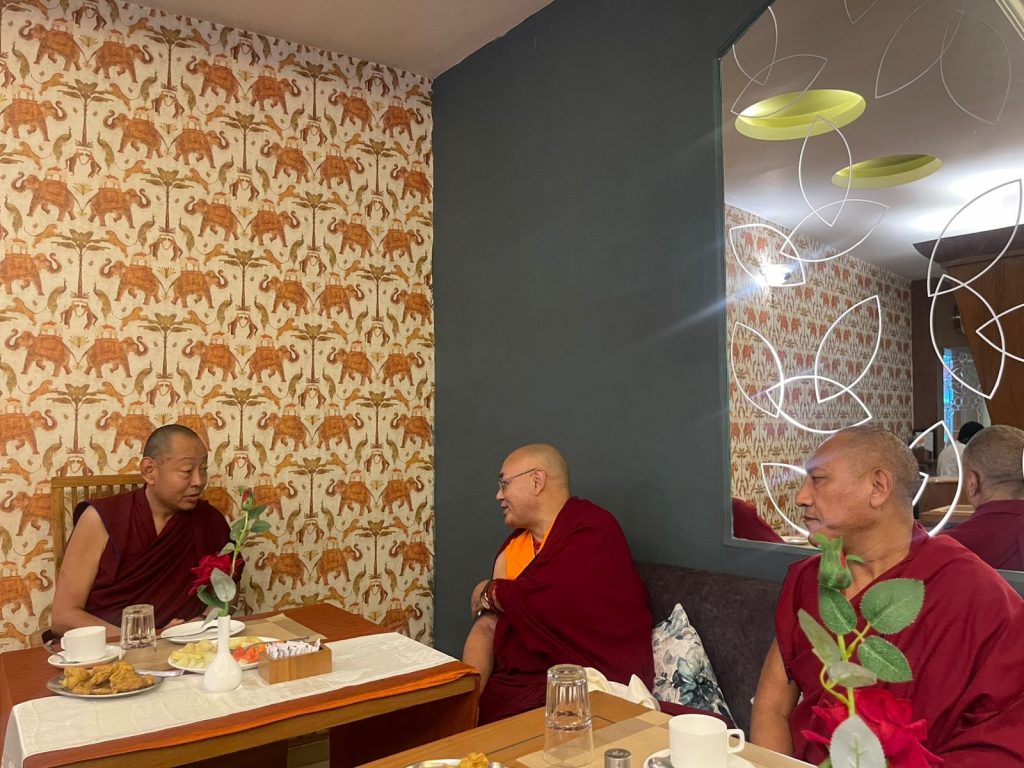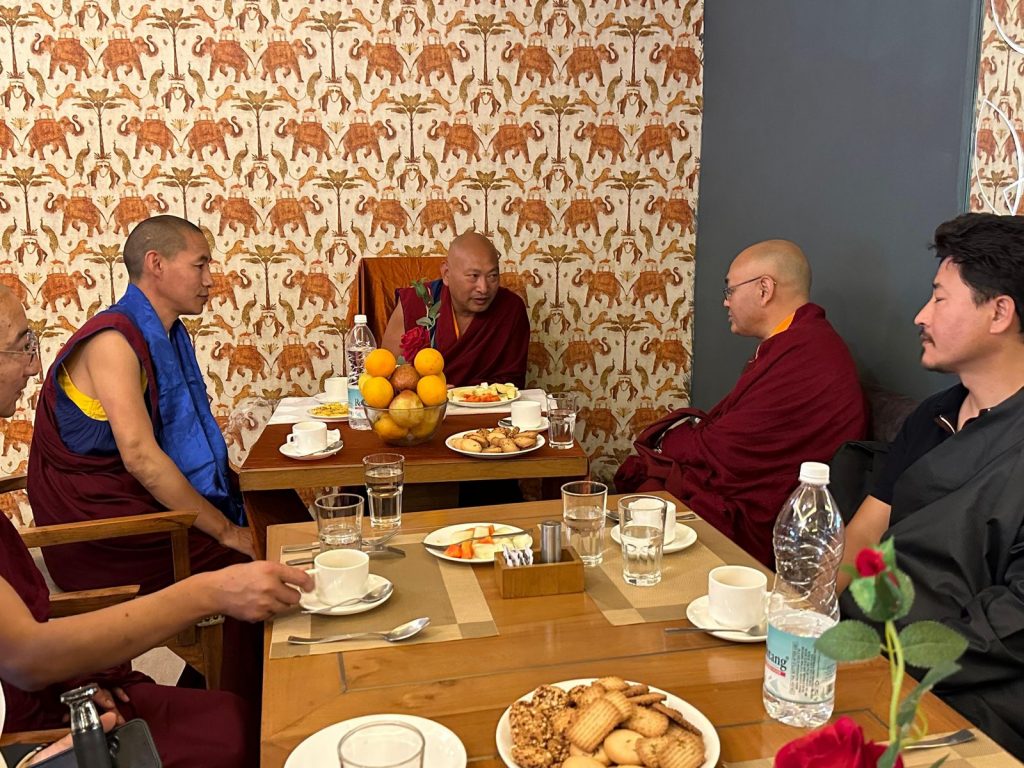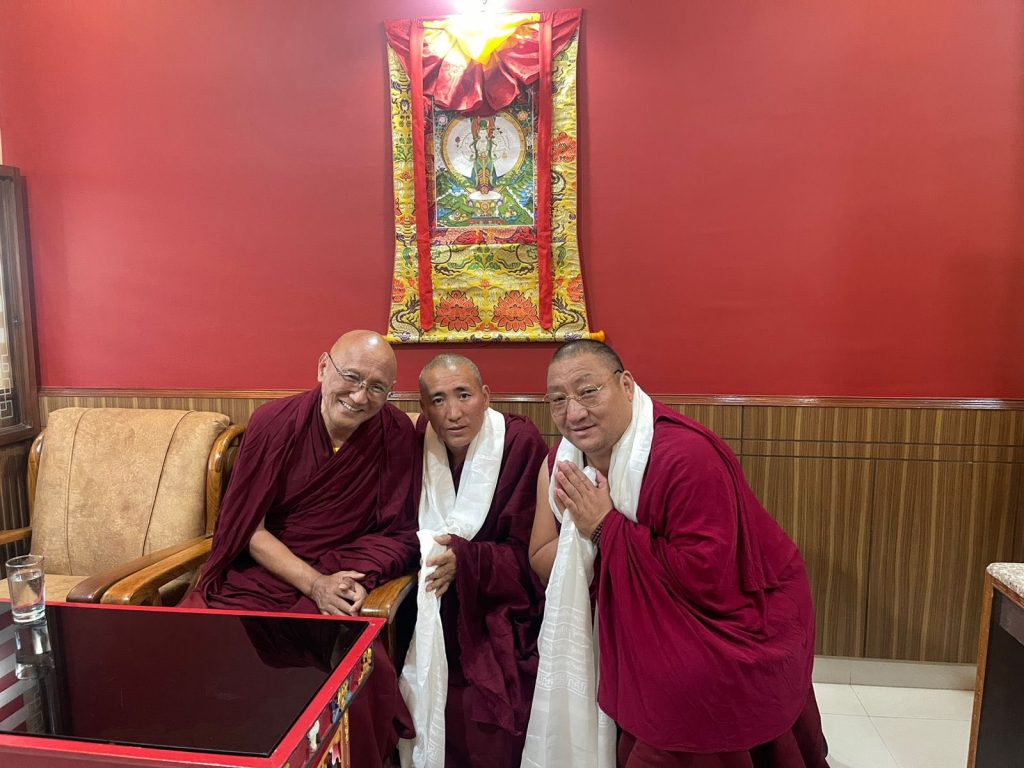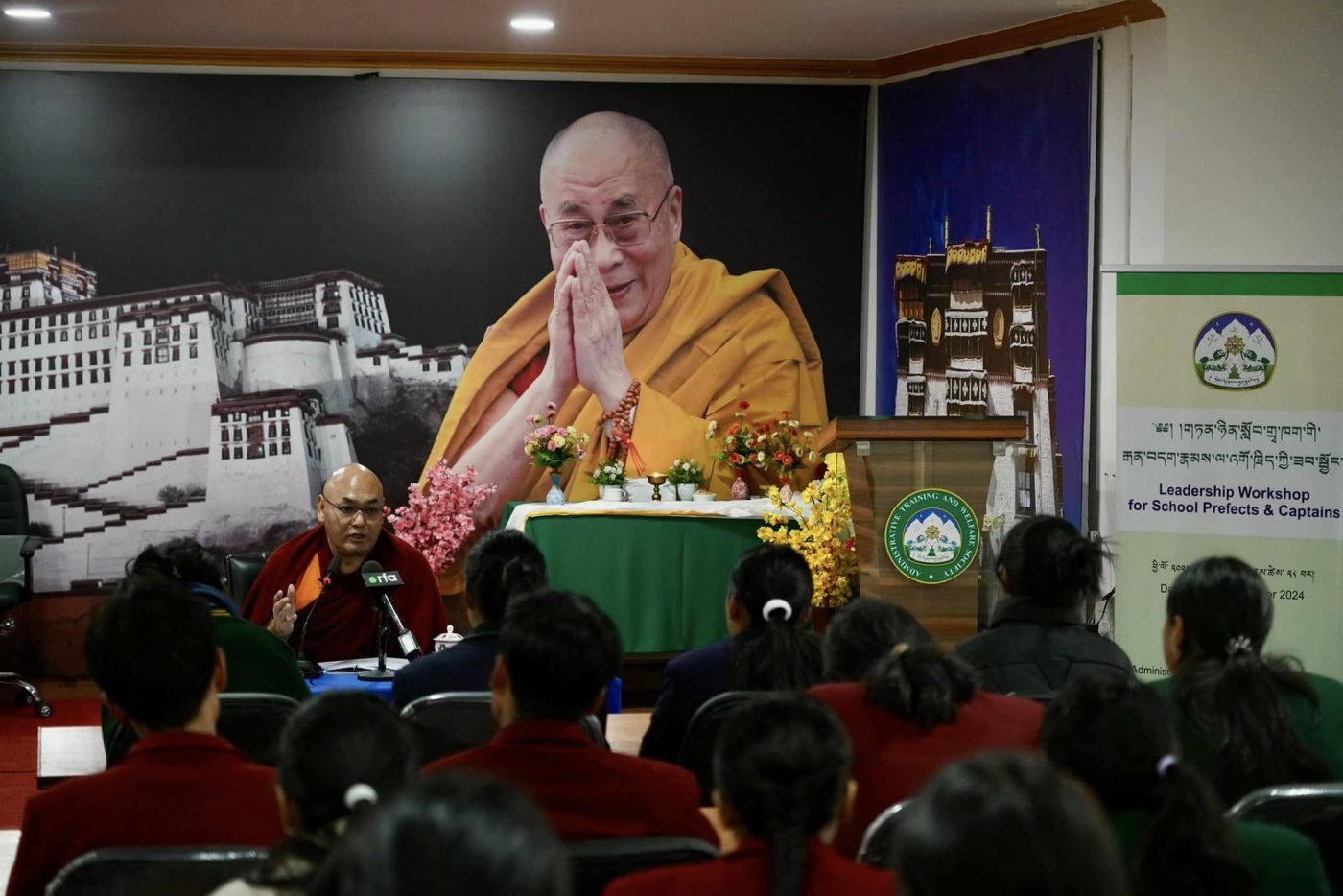
Dharamshala: On December 24, 2024, Speaker Khenpo Sonam Tenphel addressed the leadership workshop for school prefects and captains, organized by the Department of Education of the Central Tibetan Administration (CTA). The workshop, which is scheduled to run from December 23 to December 28, is being held at the Administrative Training Centre in Dharamshala.
In his speech, the Speaker discussed the evolution of Tibetan democracy, highlighting it as an aspiration of His Holiness the Dalai Lama, who entrusted the Tibetan people with the vision of a democratic system. Speaker Tenphel recounted the observations made by His Holiness during his visits to India in 1956 and China in 1954. During these visits, His Holiness noted the functioning of the Indian Parliament and the Chinese Communist Party’s congress. The democratic framework of India, in particular, left a profound impact on His Holiness, shaping his vision for a democratic society that would be grounded in justice and fairness.
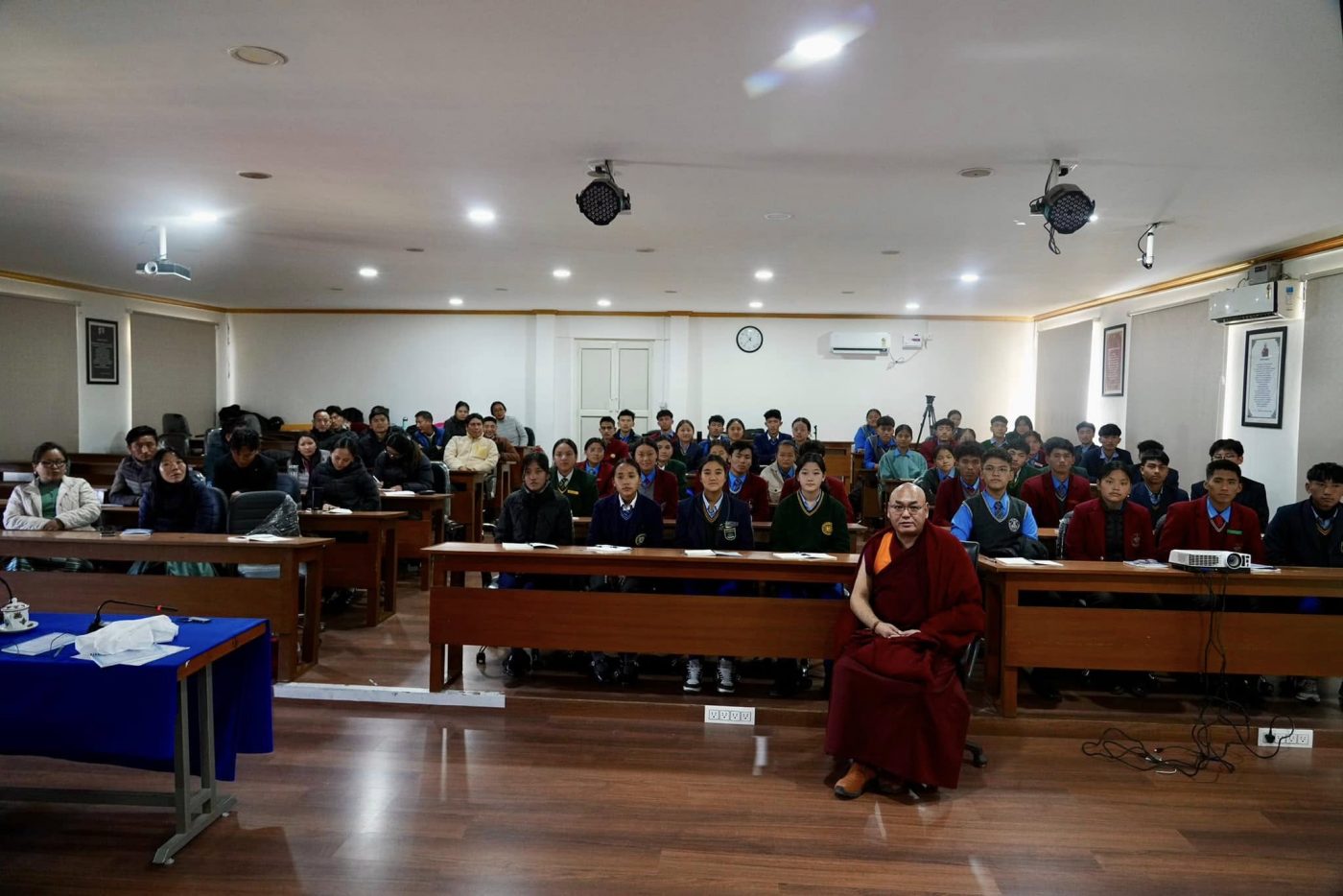
The Speaker went on to trace the development of Tibetan democracy, starting with the establishment of the Reform Committee and other key bodies by His Holiness the Dalai Lama in Tibet – important steps toward democratization. However, the advancement of Tibetan democracy was tragically interrupted by the unlawful occupation of Tibet by the People’s Republic of China.
Further elaborating on the history, the Speaker recalled the solemn oath taken by representatives from the three traditional provinces of Tibet and the four religious schools of Buddhism at the sacred site of Bodh Gaya in 1960. This oath, which pledged unwavering loyalty to His Holiness the Dalai Lama, marked the formal beginning of Tibet’s democratic journey in exile.
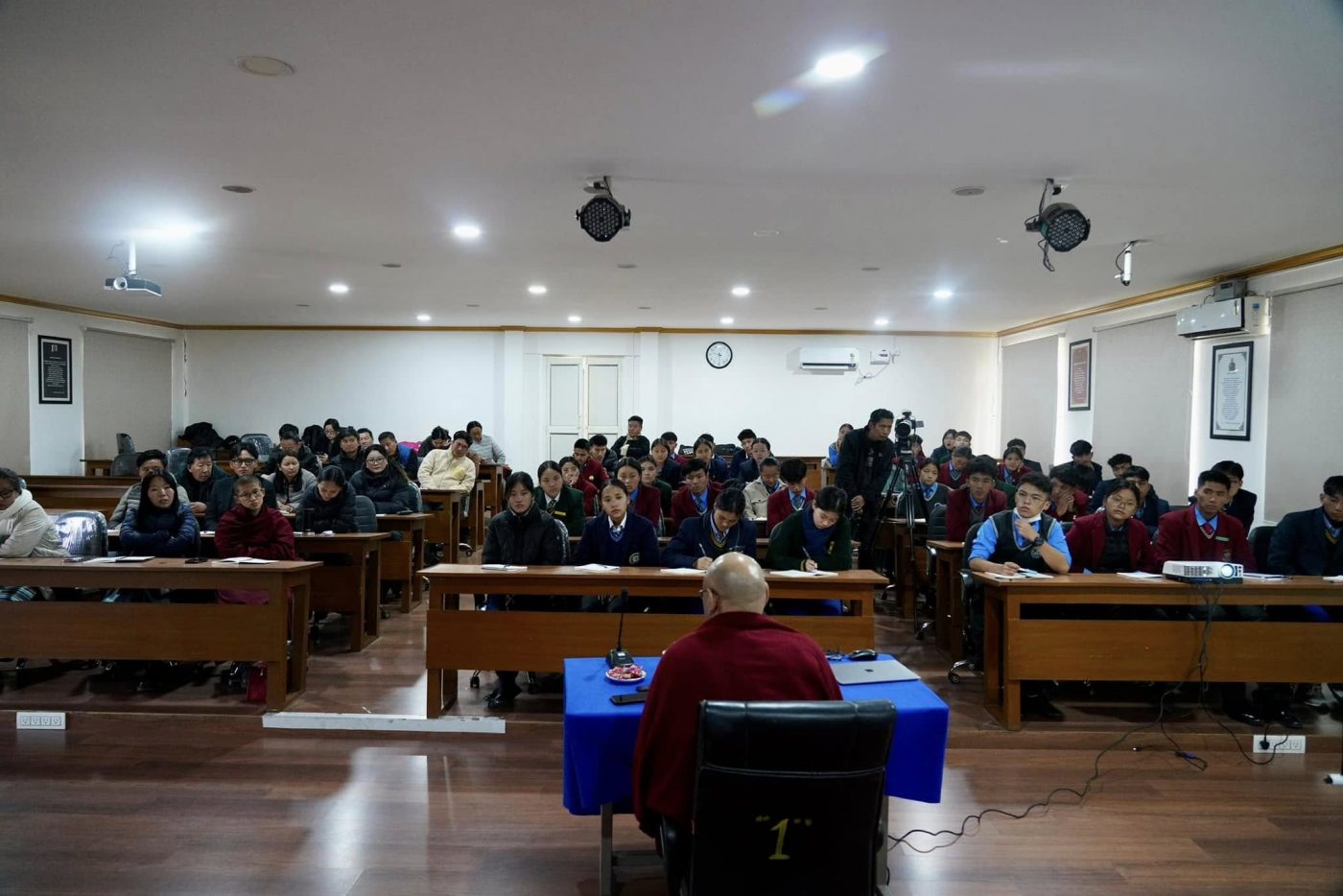
His Holiness, in his wisdom, instructed the Tibetans to elect three representatives from each of the traditional provinces and one from each of the four Buddhist schools. On September 2, 1960, these representatives took their oaths, officially becoming the first members of the Tibetan Parliament-in-Exile, formerly known as the Commission of Tibetan People’s Deputies. Since that historic day, September 2nd has been celebrated as Tibetan Democracy Day, a symbol of the ongoing commitment to democratic principles within the Tibetan community.
Explaining the structure of Tibetan democracy, including the unicameral system of the Tibetan Parliament-in-Exile, Speaker Khenpo Sonam Tenphel emphasized the added responsibilities of Tibetans as a diasporic community. He also discussed the roles and functions of the three pillars and autonomous bodies of the Central Tibetan Administration.
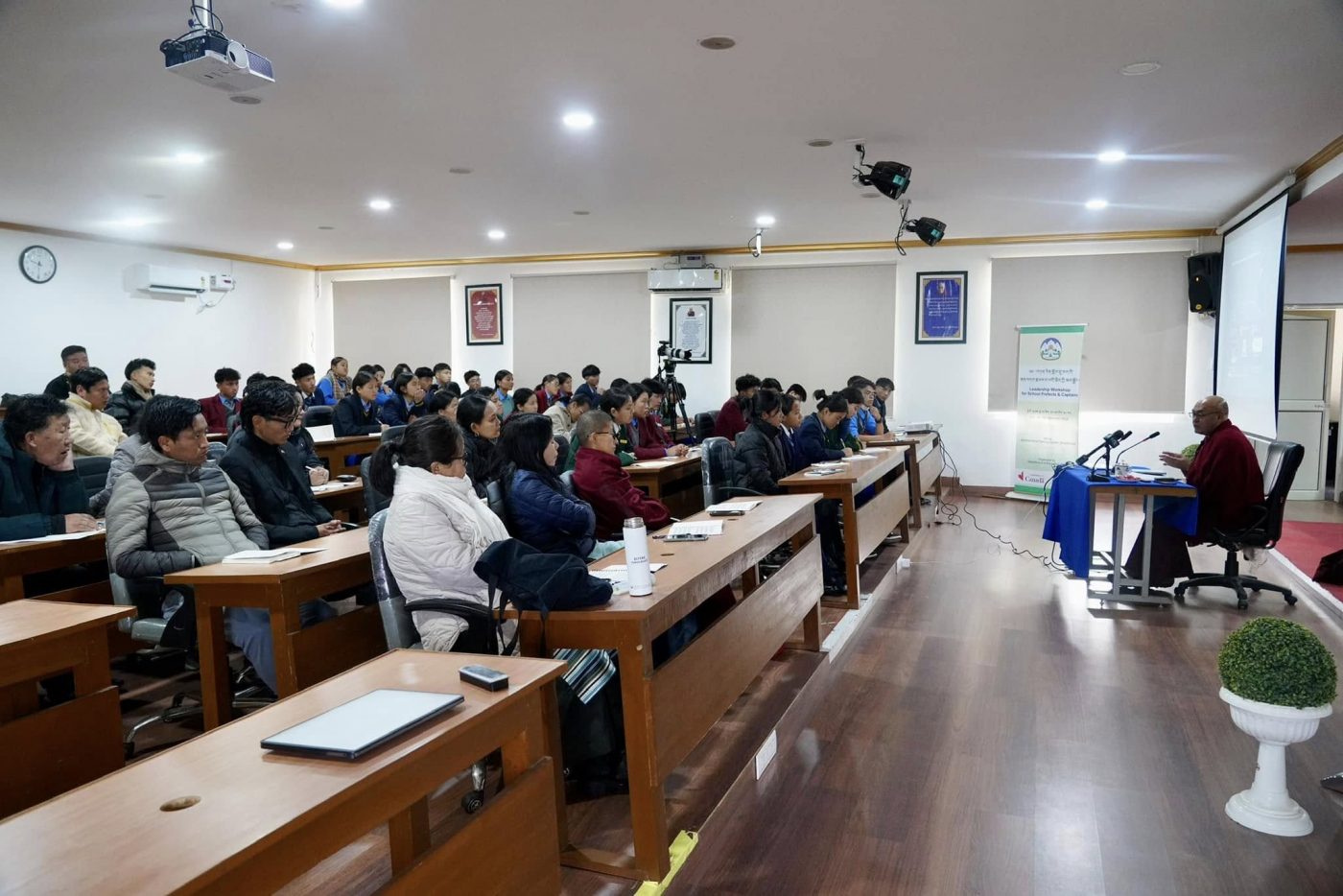
Khenpo Sonam Tenphel elaborated on the evolution of the Tibetan Parliament-in-Exile, highlighting changes in its composition, duration, functioning, programs, and bi-annual sessions. He also covered key milestones, such as the adoption of the Charter of Tibetans in Exile in 1991. The current composition of the Tibetan Parliament-in-Exile includes 45 members: 10 representatives from each of Tibet’s three traditional provinces – U-Tsang, Dhotoe, and Dhomey; two from each of the four schools of Tibetan Buddhism and the pre-Buddhist Bon religion; two representing Tibetan communities in North America and Europe; and one from Australasia and Asia (excluding India, Nepal, and Bhutan).
Reaching a significant milestone in the democratization process, the first-ever Kalon Tripa was directly elected by the Tibetan people in 2001. This was followed by a landmark moment in Tibet’s history in 2011, when His Holiness the Dalai Lama formally transferred his political authority to the elected leaders, ensuring a future of full democratization for the Tibetan people.
Finally followed by a Q&A session, the Speaker concluded his address by advising the students who are the future of the Tibetan struggle to be aware of their responsibilities as Tibetans.
